NEWS
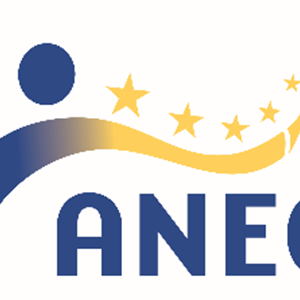
On 8 November, ANEC hosted the public webinar ‘Support all consumers through the cost-of-living crisis: ISO 22458, the global standard mutually benefitting companies and customers’.

Horizon Europe is the current EU framework programme for research and innovation (R&I) (2021-2027), with a budget of €95 billion. It aims at supporting researchers and innovators to deploy their ideas to boost growth, trade, and investment, thus creating a significant social and environmental impact.
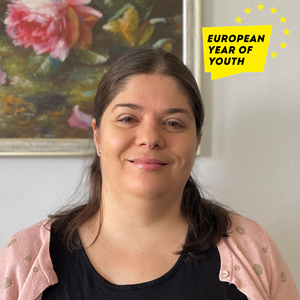
2022 is the European Year of Youth. To celebrate this occasion, CEN and CENELEC are conducting a campaign, presenting a regular series of interviews with young professionals active in European standardization. In the tenth episode of the series, we get to know Maya Petrova, from Bulgaria.

The Covid-19 pandemic made the need for shared rules on community face coverings particularly urgent. In response, CEN, the European Committee for Standardization, developed in record time an initial deliverable that could provide the necessary guidelines: CEN Workshop Agreement 17553:2020 ‘Community face coverings - Guide to minimum requirements, methods of testing and use’. Although a Workshop Agreement (also known as CWA) does not count as an official standard, as it involves no obligation at the national level, thanks to its simplified format it can be produced and disseminated very quickly, and therefore it can help fill urgent needs.
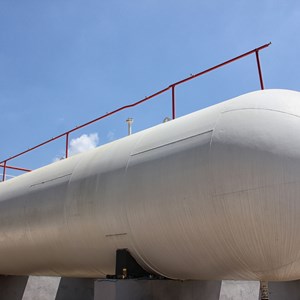
The current energy crisis due to the Russian invasion of Ukraine has seriously impacted Europe’s traditional energy supply, with important consequences for its economy. In response, the continent is striving to find solutions to diversify its energy mix and increase its ‘strategic autonomy’.
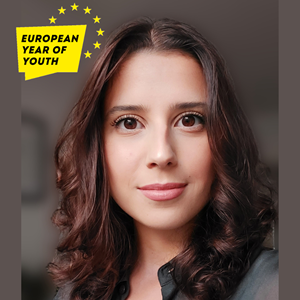
2022 is the European Year of Youth. To celebrate this occasion, CEN and CENELEC are conducting a campaign, presenting a series of regular interviews with young professionals active in European standardization, all around Europe. In the ninth episode of the series, we get to know Alessia Gaetani, from Italy, who works at the CEN and CENELEC Management Centre.
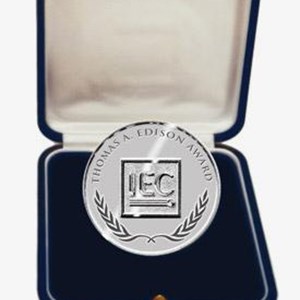
Two European standardization experts, Beatriz Novel and Valérie Demassieux, are among the recipients of the 2022 Thomas A. Edison Awards by the IEC, the International Electrotechnical Committee. The awards were presented officially on 1 November during the IEC General Meeting that took place this week in San Francisco.

On 21 October 2022, CEN and CENELEC published new standard on cybersecurity: EN 17640 ‘Fixed-time cybersecurity evaluation methodology for ICT products’ (FiT CEM).

This CEN Workshop Agreement specifies an operational process for biogas bioconversion into ectoine, the extraction of the ectoine from the resulting solution and its purification.

The Workshop will produce a CEN Workshop Agreement (CWA) which will define a technical/methodological framework for human-robot collaboration (HRC) systems that integrates planning, perception, and communication.